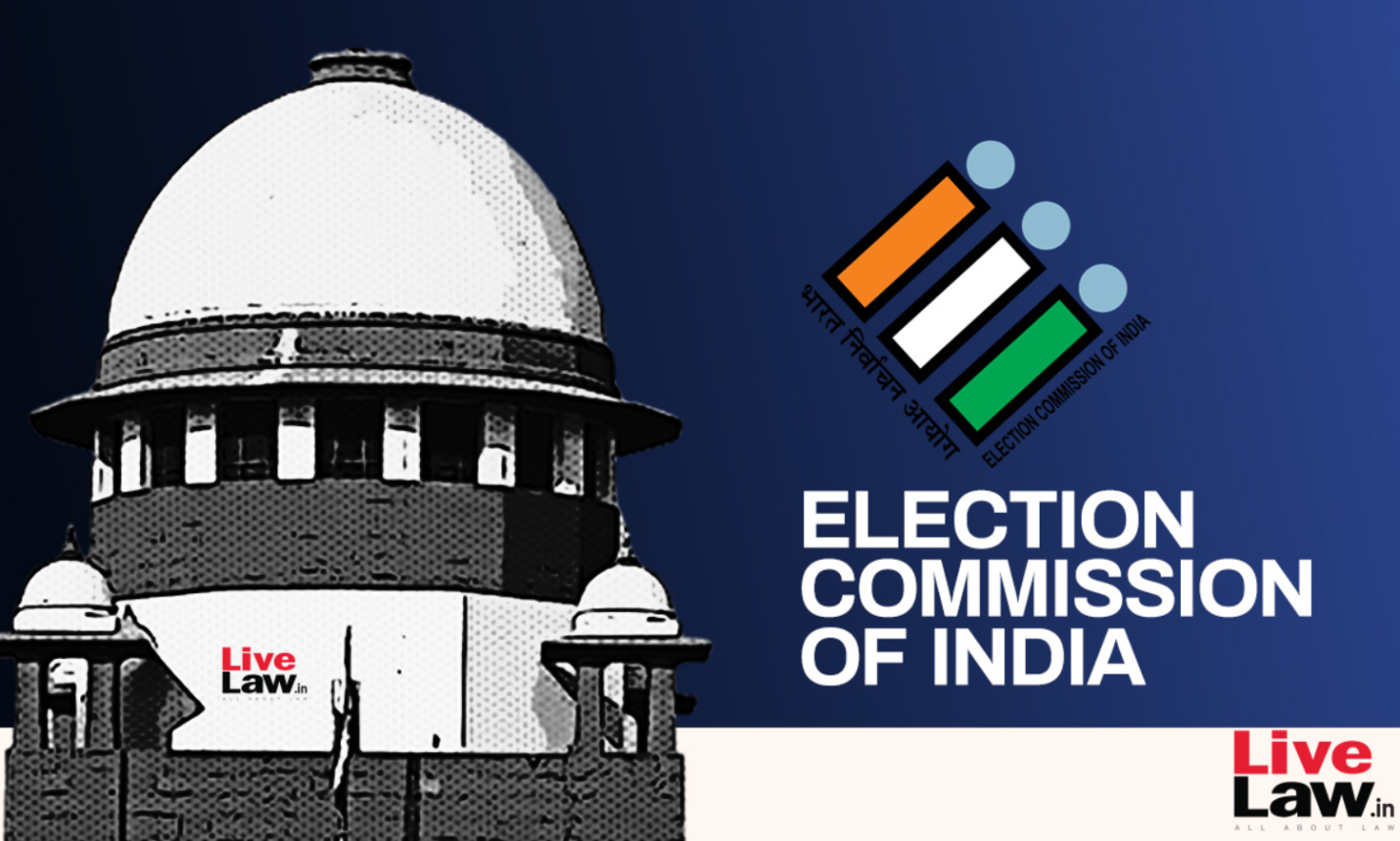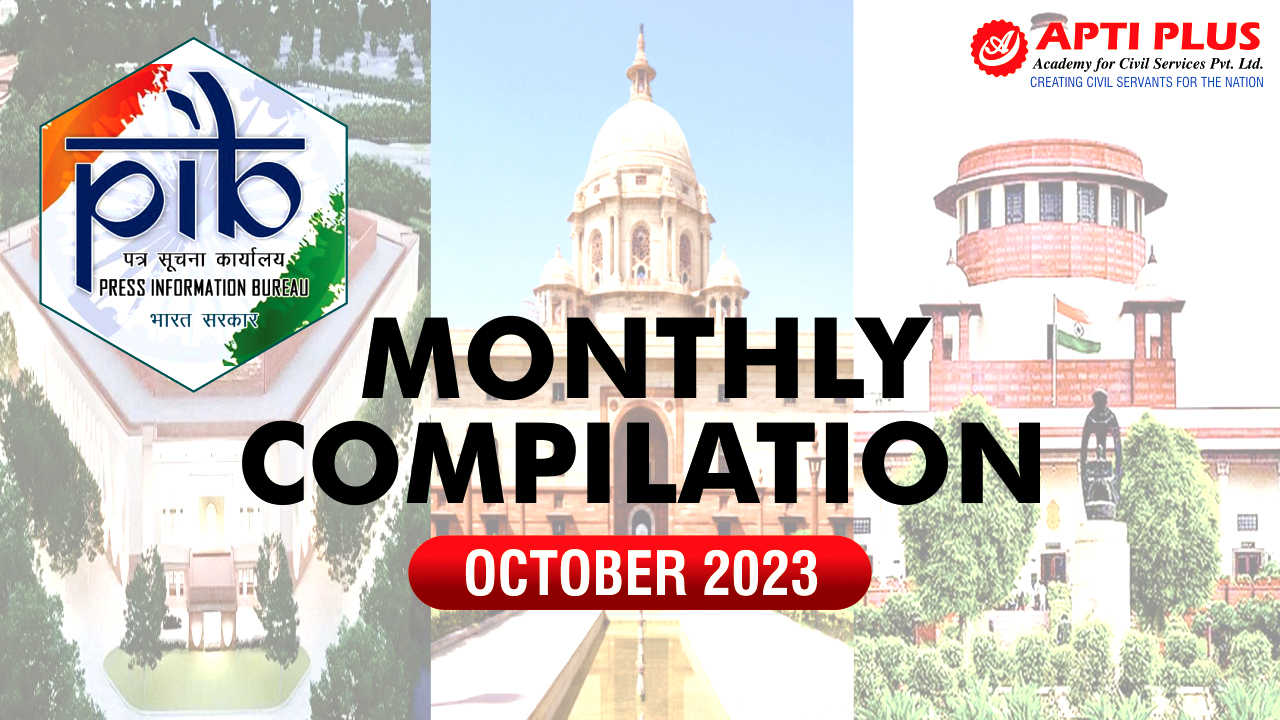Description

Copyright infringement not intended
Picture Courtesy: www.livelaw.in
Context: A Bill introduced in the Rajya Sabha faces criticism for diminishing the status of Election Commission of India (ECI) members from that of a Supreme Court judge to that of the Cabinet Secretary; however, amendments proposed aim to reinstate their previous status.
Details
- The Indian Constitution doesn't specify the appointment process for the Chief Election Commissioner (CEC) and Election Commissioners (ECs).
- Currently, the president appoints the CEC and ECs based on the recommendation of a selection committee, comprising the prime minister, a union cabinet minister, and the leader of the opposition or the leader of the largest opposition party in the Lok Sabha.
- In March 2023, a five-judge Constitution Bench of the Supreme Court ruled that the Chief Election Commissioner (CEC) and Election Commissioners (ECs) should be appointed by a committee comprising the Prime Minister, Leader of Opposition in Lok Sabha, and the Chief Justice of India (CJI).
- The government, in response to the court verdict, introduced The Chief Election Commissioner and Other Election Commissioners (Appointment, Conditions of Service and Term of Office) Bill, 2023.
Provisions of the Bill
- The Bill proposed a committee for the appointment of the CEC and ECs, consisting of the Prime Minister, the Leader of the Opposition, and a Cabinet Minister nominated by the Prime Minister (instead of the CJI as suggested by the Supreme Court).
- The Bill also suggested giving the CEC and ECs the same salary, perks, and allowances as that of the Cabinet Secretary.
- The proposed Bill aimed to replace The Election Commission (Conditions of Service of Election Commissioners and Transaction of Business) Act, 1991, which currently equates the salaries of the CEC and ECs with that of a Supreme Court judge.

Criticism
- Opposition leaders criticized the Bill for replacing the CJI with a Cabinet Minister in the selection committee, potentially giving the government majority influence over the appointment process.
- The main concern raised by current and former ECI officials was the perceived downgrading of the status of the ECI. The change in status from that of a Supreme Court judge to that of a government official could affect the ECI's ability to summon officials and Ministers.
Recent Amendments
- The Bill was not taken up for discussion during the Monsoon Session but has been listed for consideration and passing. Key amendments are expected to be moved by the Law Minister, to address the concerns raised.
- The proposed amendments aim to restore the equivalence of the status of the EC with that of a Supreme Court judge, maintaining the same salary, dearness allowance, and leave encashment rules.
|
Current Status
●No appointments have been made through the new mechanism laid down by the Supreme Court as no vacancy has arisen in the ECI since the March 2 order.
●The next expected vacancy is in February 2024 when EC Anup Chandra Pandey will retire.
|

Conclusion
- The Bill has been criticized for potential changes in the appointment process and the perceived downgrading of the status of members of the ECI. Amendments are expected to be introduced to address these concerns and restore the equivalence of the ECI's status with that of a Supreme Court judge.
Must Read Articles:
Appointment of Election Commissioners: https://www.iasgyan.in/daily-current-affairs/appointment-of-election-commissioners
The Chief Election Commissioner and other Election Commissioners (Appointment, Conditions of Service and Term of Office) Bill, 2023: https://www.iasgyan.in/daily-current-affairs/the-chief-election-commissioner-and-other-election-commissioners-appointment-conditions-of-service-a
|
PRACTICE QUESTION
Q. How does the Election Commission of India contribute to the functioning and sustenance of democracy, and what specific roles and responsibilities does it play in ensuring free and fair elections in the country?
|















